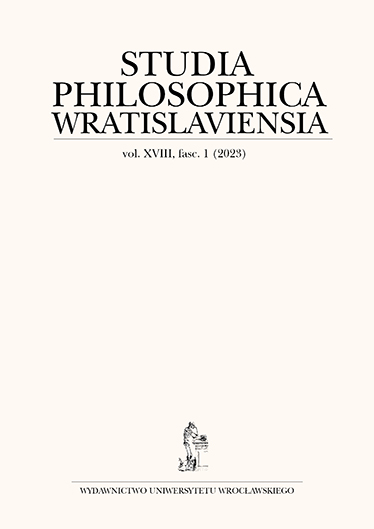

Artykuły

In recent years a lot of metaphilosophical attention has been paid to the role of thought experiments in philosophical inquiry. According to the popular picture, thought experiments are among the most prominent methods for conceptual analysis. However, it is also often claimed that thought experiments in ethics differ from those that are used in other fields of philosophy as being of a different nature—they are not about the concepts, but rather about the things in the world (what those things exactly are depends on the particular metaethical theory one subscribes to). In the paper I argue that this claim is wrong. Conceptual analysis is of a huge value to ethics for it substantially helps to clarify the concepts one uses while making a moral judgment. It is very often the case that the apparent moral disagreement between two subjects turns out to be superficial since it is rooted in the misunderstanding on the conceptual level, for example when one uses some concept equivocally. Moreover, through thought experiments conceptual analysis can help to bring out the tacit assumptions that relate to the concepts involved.